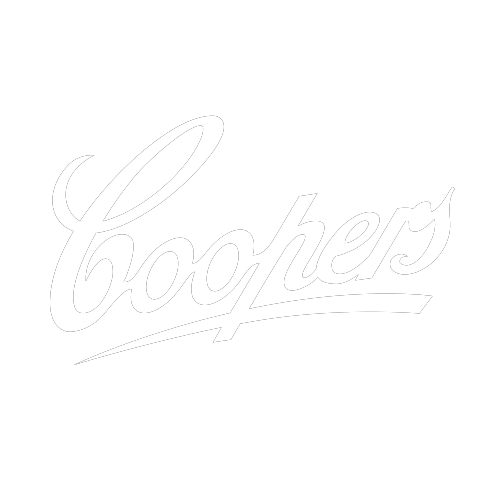IMA Staff Profile: Warraba Weatherall
Offsite Projects Coordinator
28 May 2020
Can you tell us about your role at the IMA?
I am the Offsite Project Coordinator, which means I manage the touring and offsite projects for the IMA.
You also have a solo practice, could you share a little about that?
Yes, I have a conceptual practise and I work mostly across sculpture and painting. My interest focuses on cultural knowledges, their lineage and how socio-politics influence the transmission and censorship of cultural knowledges. The goal of my research-led practise is to repatriate knowledges which have been censored and remain on the periphery to the dominant colonial narrative of Australia.
How do both your role at the IMA and your solo practice help you to support your community?
For me there are different needs amongst the various communities I identify with, and those differences are complex and diverse. In a broad sense though, my role creates a platform to support those different needs in each community. As an artist I have experience and knowledge in understanding some of the needs from cultural practitioners perspective. From an arts administration/ curatorial perspective, I am gaining more skills and knowledge to better understand the service and support available to support our communities and the broader arts sector.
How is the work that you are doing at the IMA at the moment responding to the change caused by COVID – both in the immediate as well as how you are thinking about future projects?
The COVID restrictions have changed a lot at the IMA; exhibitions, public programs and touring have all been postponed and we have proceeded to plan for the reopening later in the year. Touring exhibitions have utilised online content of the exhibition to present to audiences as an interim measure whilst venues aren’t able to open. There has also been time invested into strengthening the foundations of the organisation and our own individual goals to pursue which has been nice to reflect on. For myself, some of this work has included the drafting an IMA Indigenous Policy, professional development and creating opportunities for sector development.
Can you tell us about some of the challenges of working in such a period of instability and constant shifting?
I think it definitely pays to be flexible and creative in solutions for what can’t happen during restrictions. It’s tricky because I have had to learn new ways of resolving hurdles, as what would usually work in normal situations doesn’t’ work during restrictions of the pandemic. Also as the arts sector relies on such heavy engagement with audiences and stakeholders – it feels like a key element is missing from the process. The uncertainty for me is when work/life will resume as ‘normal’, but the more this is questioned the more it becomes apparent that the existing models many of us operate from aren’t inclusive and don’t support the whole ecology of the sector. I am inspired by the people leading these conversations and the pandemic has highlighted these issues as paramount to the sustainability of the sector. Although I am sceptical of how many will invest the time and capacity to making this a commitment because of the amount of work needed, I am hopeful that many will.
What are some of the projects that you are looking forward to sharing when the gallery reopens?
The ‘long water’ exhibition and tour curated by Freja Carmichael, is an exciting upcoming exhibition which presents a range of woven works from Indigenous women within Australia. Then the ‘INFRACTIONS’ exhibition and tour, which presents work around climate justice and the extraction of coal seam gas. Both exhibitions look to have powerful content and public programs. Also ‘Making Art Work’ is an exciting project which reimagines the idea of ‘relief measures’ for artists, with over 40 commissions to be presented by the end of the year.






